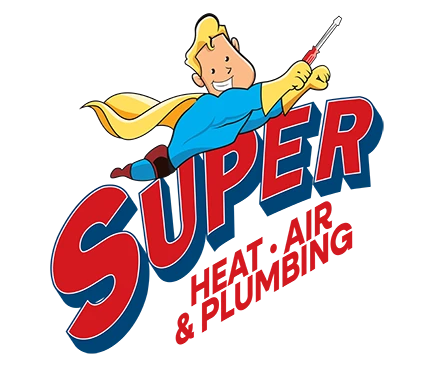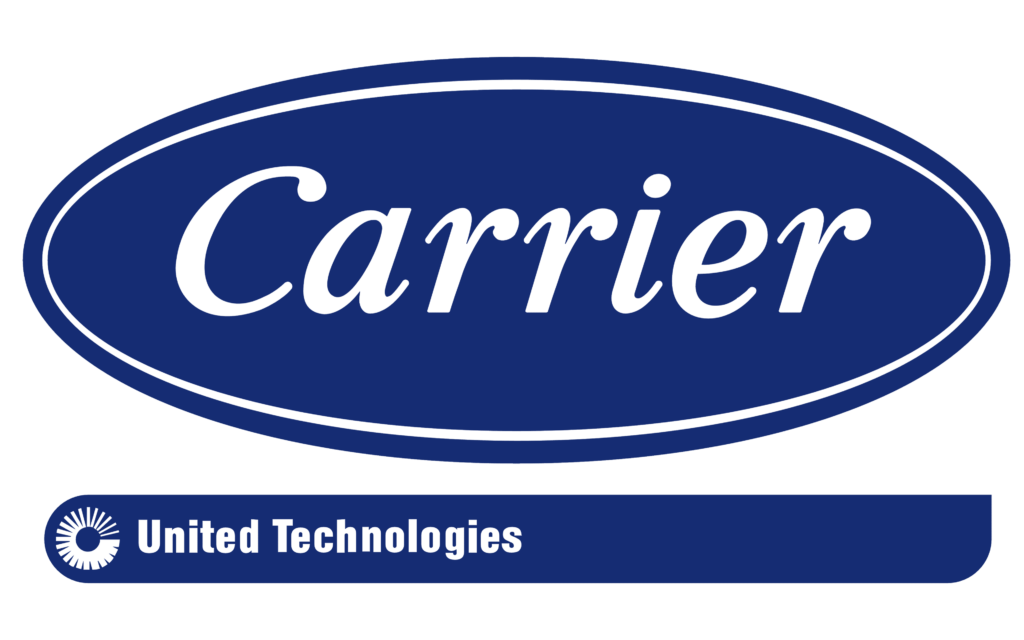We know that many people are avid DIYers, but any kind of HVAC repairs and service should be left to the professionals. While there are YouTube videos that can teach homeowners how to do everything, HVAC repairs can be dangerous if they aren’t done properly.
Here are some HVAC repairs you should never attempt to DIY, plus a few that you can tackle on your own!
Why Leave HVAC Repairs to the Pros
There are several reasons why you shouldn’t try to DIY HVAC repairs including:
HVAC professionals use specialized tools and equipment for repairs and maintenance
From natural gas to high electrical voltage, there are many hazards involved
You could endanger the safety and well-being of everyone that lives inside your home
DIY repairs can cause your air conditioner or furnace to operate inefficiently
You may end up voiding your system’s warranty
Repairs that Should be Left to the HVAC Professionals
Don’t attempt to do the following HVAC repairs because you might end up getting hurt or causing a problem with your system!
#1. Installing a Smart Thermostat
Unfortunately, even the smallest, most seemingly easy task, such as installing a smart thermostat, may need to be done by a professional.
When it comes to smart thermostats, we recommend asking an HVAC tech before buying to ensure that your system is compatible. We say this because some older HVAC systems are not equipped to properly communicate with newer smart thermostats.
Another reason why the average homeowner should not change their thermostat is due to electrical wiring. Sometimes when replacing an older thermostat, the wiring is loose or frayed. In these cases, the electrical wires need to be fixed before installing the thermostat, and many homeowners are not equipped to do so.
Learn More > What You Should Know Before Buying a Smart Thermostat
#2. Cleaning the Outdoor Condenser
Just because the outdoor condenser has a metal cage around it doesn’t mean that it isn’t fragile. The coils inside are quite delicate and need to be treated as such.
Many homeowners think that they can just spray the outside of the condenser and be done. But unfortunately, spraying the outside of the condenser with a hose can damage the condenser coils, which in turn, damages your system.
#3. Refrigerant Leaks
If your AC is constantly running, but never seems to keep your home cool, your HVAC system may be low on refrigerant, also called freon or coolant.
But you should never try to replace or top off the HVAC refrigerant on your own. This is because refrigerant is toxic and should only be handled by an HVAC professional.
#4. Testing Electrical Components
Your indoor and outdoor units are made up of many electrical components including relays that connect to several electrical parts, such as:
Compressors
Motors
Capacitors
Transformers
A circuit board
Thermostat
And more
Each of these HVAC components runs on high-voltage electricity, which can pose a danger to your safety and your HVAC system. Because of this, we never recommend homeowners replace, repair, or troubleshoot electrical components on their own.
Instead, trust our licensed and experienced HVAC pros at Super Heat, Air, and Plumbing to test, inspect, and repair your HVAC system.
HVAC Maintenance You Can Do on Your Own
To keep up with HVAC maintenance between seasonal maintenance visits, here are a few things you can do!
#1. Clean Around the Outdoor Unit
Since it is outside, the condenser unit is subject to wind, rain, and all the harsh weather that mother nature throws at it.
Doing a monthly clean-up around the condenser unit will help plants and other biological matter from getting inside the unit and causing any problems.
#2. Changing the Air Filter
One of the best HVAC maintenance tasks that you can routinely do is changing your air filter every 30-60 days.
This is such an easy task to do, yet many homeowners often forget to do it. Add a note to your calendar so you don’t forget!
Learn More > How an Old Air Filter Can Cost You
#3. Clearing a Clogged Drain Line
If your HVAC unit’s drain line is clogged, your unit may stop running or blow warm air. If this happens, you might need to clean the condensate drain line.
Follow these steps:
Pour ¼ of vinegar into a measuring cup.
Turn the air conditioner off and flip the breaker into the “off” position.
Look for a PVC pipe near the condenser unit outside your home, this is typically white, gray, or black.
Remove the cap of the drain line and look for any blockages.
If it is visible, you can clear it manually with a vacuum or your hands.
Pour the vinegar into the tube, and let it sit for 30 minutes or longer.
Flush the pipe with water, and check if the clogs are gone and that everything is flowing freely.
Do this process every three months.
Tampa Bay HVAC Repairs & Maintenance
Don’t try to complete these HVAC repairs on your own. Instead, call our team at [hls_phone_number]. You can trust Super Heat, Air, and Plumbing for any HVAC problems to solve any problem you come across, plus solve your maintenance and installation needs!



